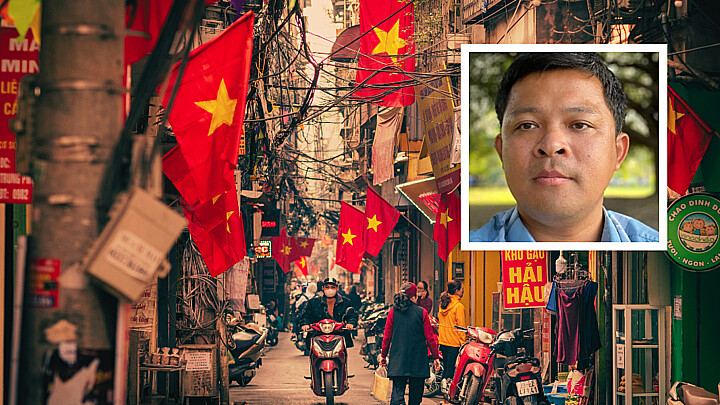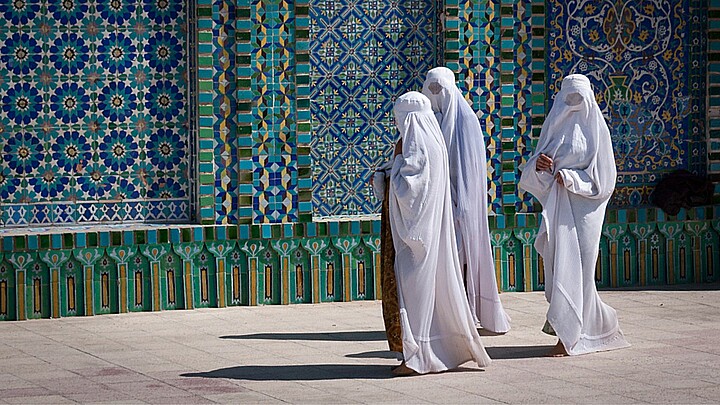Human Rights
Who is Cardinal Zen and why China fears the 90 year old priest?
Hong Kong authorities arrested and questioned Roman Catholic Cardinal Joseph Zen Ze-kiun, an outspoken critic of the Chinese Communist Party
May 14, 2022 11:06am
Updated: May 16, 2022 2:10pm
On Wednesday, Hong Kong authorities arrested and questioned Roman Catholic Cardinal Joseph Zen Ze-kiun, an outspoken critic of the Chinese Communist Party who is aligned with pro-democracy activists.
He was released on bail, but the incident has brought the topic of freedom of religion in China to the forefront of human rights activists, China watchers and the world’s Catholics.
So, who is Cardinal Zen?
The former coadjutor Bishop of Hong Kong, Zen has been an advocate of freedom of religion, democracy and human rights. He was born in Shanghai, China, but fled to Hong Kong after the rise of the CCP.
After being elevated to bishop in 2002, he led the Diocese in opposing anti-subversion laws that threatened civil rights and fought to keep the Hong Kong government out of Catholic schools. He was elevated to the College of Cardinals by Pope Benedict XVI in 2006.
Zen continued pro-democracy work after retiring as bishop in 2009. He personally addressed protesters in 2014 and helped run the 612 Humanitarian Relief Fund, which provided legal aid to those who had participated in the 2020 protests. Before his arrest, the cardinal was the last pro-democracy icon that remained untouched by pro-Beijing authorities.
Within the church, Zen is known for opposing the Vatican’s push to reengage with China under Pope Francis.
Under communism, Chinese Catholics are split between an underground church that swears loyalty to the Vatican and the state-sponsored Catholic Patriotic Association.
In Sept. 2018, the Vatican signed an agreement with China, under which it would recognize Chinese bishops appointed by Beijing – some without the Vatican’s approval – in exchange for a say over future bishops.
The Vatican defended the move as opening a way to engage in a direct dialogue with China over the role of the church there, but Zen criticized it as a sellout to the CCP.
“They’re [sending] the flock into the mouths of the wolves. It’s an incredible betrayal,” he said at the time.
The relationship between the Vatican has been tense since. In Sept. 2020, Zen traveled to Rome to urge Francis to appoint a bishop of Hong Kong who “could be trusted by the people,” but was refused an audience.
This was around when U.S. Secretary of State Mike Pompeo was also refused an audience with Francis after writing an essay in Catholic magazine First Things criticizing the 2018 Sino-Vatican agreement for legitimizing the regime’s continued crackdowns on religion, including its genocide against the Uyghur Muslims in Xinjiang – an issue the Vatican has been suspiciously quiet on.
The Vatican reacted to Zen’s arrest by saying in a statement: “The Holy See has learned with concern the news of the arrest of Cardinal Zen and is following the development of the situation with extreme attention.”
However, the frosty relationship between Zen and the Vatican over China has led some to accuse Rome of capitulating to Beijing.
The Wall Street Journal called the statement a “weak response that does not credit to the Catholic Church or Pope Francis, who should renounce the Vatican’s Faustian pact with Beijing.”
“How much is too much? The Chinese now know they can arrest a Prince of the Church, confiscate his passport, and hold him for a few hours’ close questioning, without eliciting the naked ire of the Vatican,” wrote Christopher R Altieri at The Catholic World Report.








